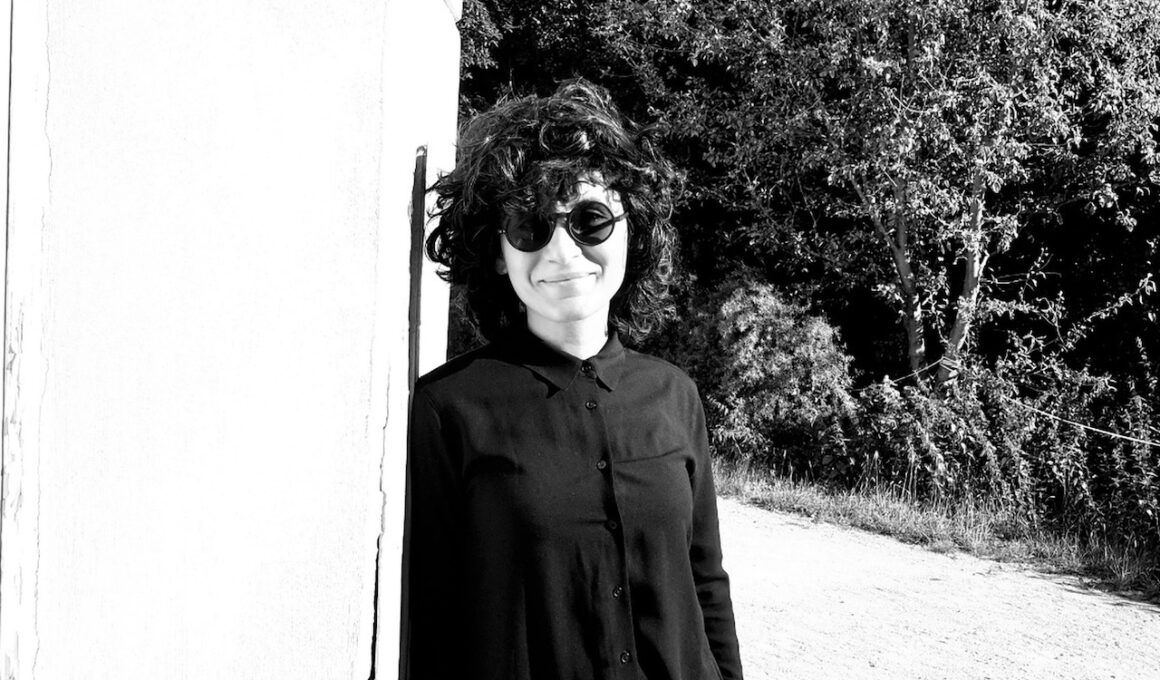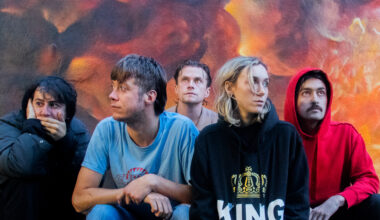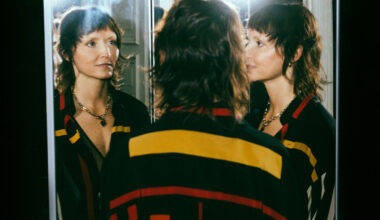Elshan Ghasimi (*1981 in Isfahan, Iran) is a master of Persian classical music, composer and soloist of the instrument Tar and Setar. She works in meeting spaces of tradition and modernity, West and East, music and other forms of art.
Her approach is greatly influenced by the tradition and practice of the Radīf, the repertoire of Persian classical music, which she is the first female musician to reinterpret over the course of a large-scale project. Her original compositions combine poetry and conceptual art with an individual engagement with her audience and fellow musicians, a purely human encounter at eye level. She has been living in Berlin, Germany since 2016, where she composes and performs as a soloist and collaborates with ensembles such as Concerto Köln.
Ghasimi began her training at the age of nine and continued her education at the Tehran Conservatory of Music and university of art and sculpture, further broadened her knowledge in Baku by studying the Caucasian Tar and the Muǵam, the repertoire of classical Azerbaijani music. At 17, she became the youngest member of the Iranian National Orchestra (1998-2006).
Elshan is part of the DARA String Festival at Theater im Delphi / 26+27.8.2023
FACTS
1. Persian classical literature.
2. The beauty of old/ high culture.
3. Epic.
1. What is the biggest inspiration for your music?
God’s creation in the universe
2. How and when did you get into making music?
Through my parent’s support when I was a child.
3. What are 5 of your favourite albums of all time?
I rarely listen to music. I know it’s hard to believe or accept!
4. What do you associate with Berlin?
Box of treasure!
5. What’s your favourite place in your town?
An old bookstore in Tehran’s Englebal square.
6. If there was no music in the world, what would you do instead?
I will write and draw.
7. What was the last record/music you bought or listen?
Tatavla – Sokratis Sinopoulos & Derya Türkan
8. Who would you most like to collaborate with?
Robyn Schulkowsky, percussionist
9. What was your best gig (as performer or spectator)?
The Reinterpretation of the Radif in the Bode Museum
10. How important is technology to your creative process?
Technology connect me with other creative brains in the world!
11. What can we expect from your performance at the DARA String Festival?
The magic of old culture!


